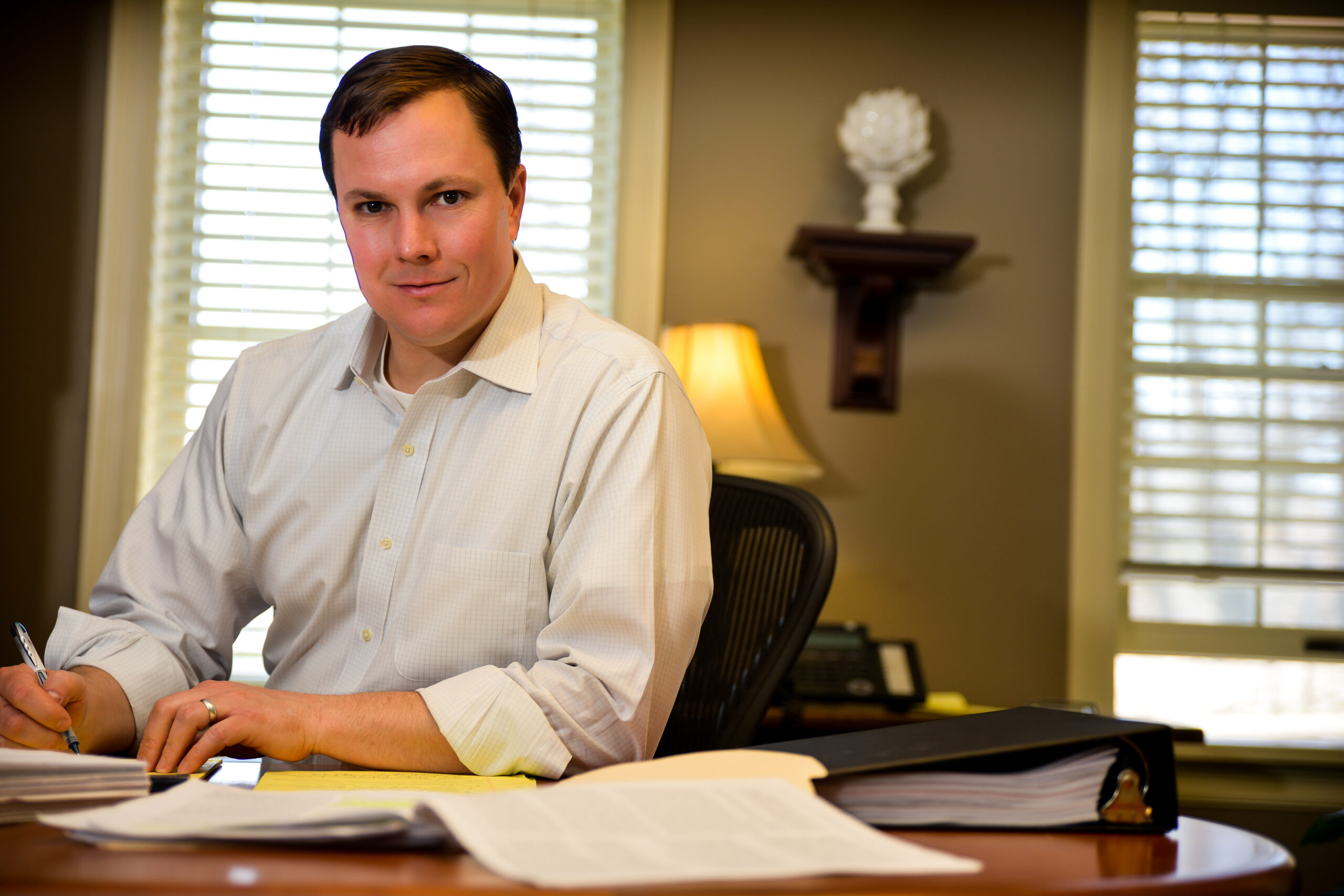Legal Blog Post by Partner Matt Casey:
Understanding Elder Financial Abuse
Elder financial abuse involving family, caregivers and others in trusted positions swindles $6.67 billion every year from vulnerable seniors.
Why are the elderly attractive targets?
- Persons over the age of 50 control over 70% of the nation’s wealth
- Many seniors do not realize the value of their assets (particularly homes that have appreciated markedly)
- The elderly are likely to have disabilities that make them dependent on others for help. These “helpers” may have access to homes and assets, and may exercise significant influence over the older person
- They may have predictable patterns (e.g. because older people are likely to receive monthly checks, abusers can predict when an older people will have money on hand or need to go to the bank)
- Severely impaired individuals are also less likely to take action against their abusers as a result of illness or embarrassment
- Abusers may assume that frail victims will not survive long enough to follow through on legal interventions, or that they will not make convincing witnesses
- Some older people are unsophisticated about financial matters
- Advances in technology have made managing finances more complicated
Any number of people can be involved in elder financial abuse. It may be a disgruntled family member, an unscrupulous caregiver or a nefarious financial advisor. No matter who is perpetrating the crime, it is a good idea to be aware of the various scams so you can watch for red flags.
Elder financial abuse scenarios:
- Misuse an elder’s personal checks, credit cards, or accounts
- Steal cash, income checks, or household goods
- Forge the elder’s signature
- Engage in identity theft
- Engage in questionable investment opportunities
- Overcharge for services or product
- Use deceptive business practices
- Use their position of trust and respect to gain compliance
- Coerce an elder into adding him/her to important estate planning instruments, such as wills, power of attorneys and trusts
Matt Casey is a partner with Casey & Devoti, a St. Louis-based personal injury law firm. Matt handles a variety of personal injury cases, including: automobile accidents, medical malpractice, product and premises liability, elder care and sexual abuse, Workers’ Compensation, and wrongful death. Matt and his law partner, Matt Devoti, are authorized speakers for EndDD.org’s ‘End Distracted Driving’ Student Awareness program.









